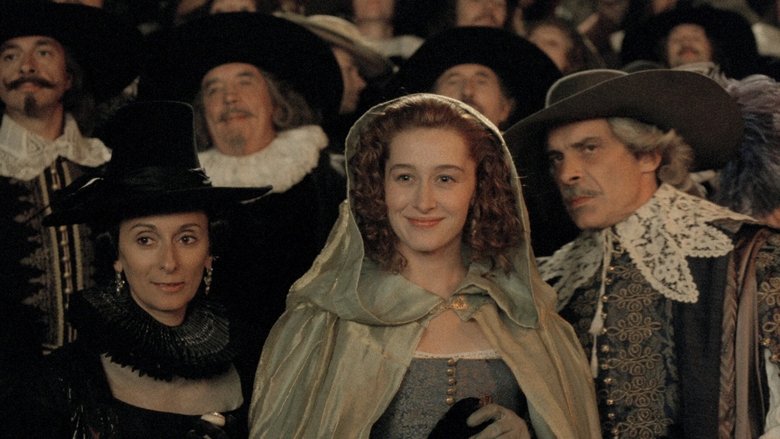

This 138-minute film, comprising two thousand performers and a helluva lot of musketry, has several good scenes, including the well-known one in which Christian utters romantic praise to Roxanne from below her balcony, while de Bergerac feeds him lines. He duels with a rival (reciting an improvised poem at the same time), defeats singlehandedly 100 soldiers at the Porte de Nesles, keeps the Spanish at bay at the Siege of Arras and still manages to keep that Christian-Roxanne romance alive. "Lug your guts away, Salami," he bellows at a stage performer whose overacting he particularly despises. So is his writing ability: To add insult to heartbreak, Cyrano is obligated to ghost-write love letters on Christian's behalf and usher the hapless fellow through a love affair that ought to be Cyrano's.Īs the title character, Gerard Depardieu, France's one-man acting industry, brings to the role not only his own formidable nose (which nevertheless nuzzles under a special-effects schnozz) but also a swashbuckling swagger that enlivens the production. But when she comes to him begging his services as a romantic go-between for her and Christian, a comely buffoon (handsome, oafish Vincent Perez), his love is put to the test. Cyrano's in love with the beautiful Roxanne (played here by the attractive Anne Brochet). In case you've missed every "Cyrano" from Jose Ferrer's 1950 Oscar-winning performance to Steve Martin's comic "Roxanne," the story tells of a swordsman and man of letters behind whose ridiculously long nose beats a noble heart.
#Cyrano de bergerac film 1990 tv
In Jean-Paul Rappeneau's French production of "Cyrano de Bergerac," the latest in a half-dozen film or TV treatments of the play, the director streamlines much of that flabbiness, preserves the iambic verse (with thoughtful, subtitled translation from Anthony Burgess) and creates, for the most part, a pleasurable interpretation with costume-bedecked romance, intrigue and comedy. Around it, however, is an oversized three-acter with a high cholesterol count of alexandrine wordiness and narrative excess.

At the heart of 19th-century playwright Edmond Rostand's popular "Cyrano de Bergerac" is a great story about unrequited love and a nobleman whose soul is as beautiful as his nose is unsightly.


 0 kommentar(er)
0 kommentar(er)
